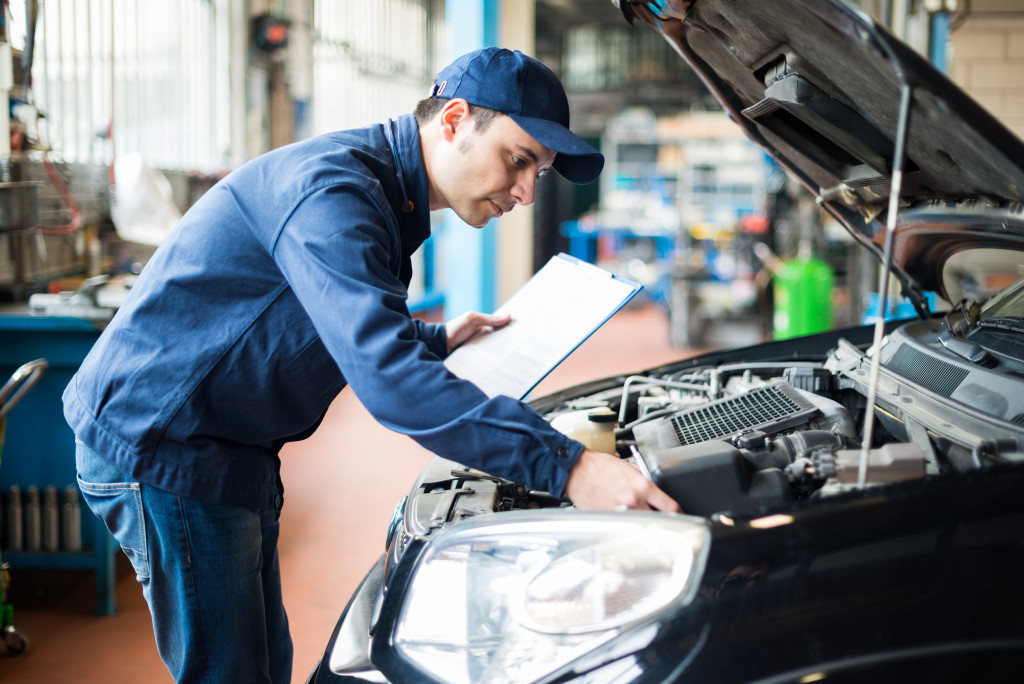Many sectors were devastated by the sudden outbreak of a global pandemic. A lot of the circumstances that COVID-19 brought with it altered daily operations. Lockdowns and shelter-in-place measures were some key realities that defined the previous year.
The global automotive industry was the sector that experienced the worst losses. Before the pandemic, demand was already low in 2018 and 2019. A shrink in economic activities and a rise in the competition were the primary factors. The arrival of COVID-19 plunged the industry to an all-time low.
Setting Things Up
A lot of leaders and experts are optimistic that the automotive industry is poised to return stronger than ever in 2021. There are a lot of determinants that might allow this to happen. Certain foreseeable trends will likely aid in its revival. Whether this will a fast or slow recovery is still up for debate. Regardless, the coming months will be crucial in preparing the stage upon which the phenomenon will take place.
A Shift to Digital Technology
The onset of electric cars has prompted a significant transformation in many auto companies. Soon, autonomous vehicles will also be widely available. Manufacturers are expected to start investing heavily in their digital capabilities. If not, they risk being left behind by other competitors.
Cars of the modern age will need to house interactive touchpads and other technology-based equipment alongside heavy-duty parts or components. Creating their own in-house vehicle operating systems to achieve this is also an important topic. The auto and tech companies will definitely find more opportunities for collaboration in the near future.
This will definitely push automakers to transcend boundaries. As cars are equipped to become more connected, a consumer’s user experience will also be affected. On-demand features will improve vehicle safety, performance, and innovation. Increased connectivity will allow for better convenience inside the comforts of a car.
Environmental and Health-Friendly

Another unfortunate reality that made itself known in the previous was the threat of a climate crisis. The automotive industry has always taken strides to become “greener.” Coupled with the global pandemic, car manufacturers are also spurred to add features that highlight health, wellness, and well-being in the mix.
The market for electric vehicles will surely see a rise. Consumer preferences have already shifted towards these types of cars to reduce their own environmental footprint. Tight regulations on emissions are also factors that will help drive growth. The pressure is now on automakers to develop platforms that will better accommodate hybrid, electric, and autonomous vehicles.
As technology and connectivity in cars improve, so too should their ability to track health. Being able to analyze and cut its own real-time pollution. In-vehicle air purifiers to mitigate transmission of airborne viruses. Seats that function as massage chairs. These are some of the technologies automakers are expected to introduce going forward.
Online Retail Markets
Different brands are starting to transition into selling their cars online. Although this is nothing new, the practice has been propelled forward given the current context of COVID-19. Online retail makes purchasing vehicles simpler and more convenient.
One of the biggest appeals for digital retail is the absence of overhead costs attached to physical showrooms. Hence, prices will be competitive. It will also force car manufacturers and dealers to incorporate better marketing strategies. Increasing their online presence on social media, hiring influencers, and the like are not too far behind.
Sales for new cars is expected to be slow into 2021. There might be a higher interest in used cars. Nonetheless, the online retail market will surely play a part in helping to sell these vehicles. Used electric and hybrid vehicles are more likely to be in-demand as well.
Positive Outlook
Automotive sales went down approximately by 14.8% in the previous year. This was the steepest decline the industry has suffered in recent history. As the world slowly recovers with the development of a vaccine, executives and analysts alike predict vehicle sales to return to normal within the year.
Consumers prefer personal mobility over public and shared means of transportation. Many are still fearful of getting and spreading the virus. This will likely trigger a significant increase in auto sales. Forecasts are already ranging from 15.6 million to 16 million vehicle sales. These figures constitute a 7.6% to 10.3% increase compared to the previous year.
For entrepreneurs involved in the auto industry, there’s nothing to worry about. Predictions are looking up. Many believe that there is strong growth in store for the sector. Hope and optimism are exactly what the industry needs right now. It might take some time, but it will be worth it.

